Celluloid Is Out: Queer Freedom and Subculture of the 1970s
Programmed by: Avivit Ashman, Scott Potis
Preceding the “great coming out moment” of New Queer Cinema in the late 1980s and early 1990s, queer filmmakers of the 1970s pioneered a more oppositional approach to film from the underground in reaction to the changing cultural and political climate after Stonewall and the Gay Liberation Movement.
Celluloid is Out highlights strikingly original filmmaking — from the lyrical experimentation of Barbara Hammer to the home-spun libidinal exercises of Curt McDowell. Amyl nitrate kisses. Though the filmmakers may not have been directly in conversation, their films are intimate explorations of the body in relationship to the camera. Doc Films is also pleased to present a program of Michael Wallin and his more philosophical filmic explorations of sexual hunger. These experimental programs are also all on 16mm prints courtesy of Canyon Cinema, and are an opportunity to place the distributor in context. Started in 1960 in Canyon, California by Bruce Baillie, Canyon Cinema was an early champion of this generation of experimental filmmakers. It explored new approaches to an equalized representation of artists in the vein of the “passive distribution” model of Jonas Mekas’s Film-Makers’ Cooperative. These programs provide a look at an ecosystem of filmmakers, distributors, and audiences committed to a radical vision of film “as an important tool in organizing, educating, and ‘looking inside’, ” as the first page of a 1974 Canyon Cinema news issue reads.
John Waters’s Dreamland, The Factory of Andy Warhol and Paul Morrissey, and the Parisian transsexual scene provide glimpses into alternate networks of transgressive filmmaking in the period. The series aims to move toward an understanding of queer life as not just a subject of filmic experimentation but as the groundwork of the cinematic avant-garde in the 1970s, building on filmmaker Jim Hubbard’s recollection that “experimental filmmakers provided the only role models available for being an openly gay filmmaker. In fact, it seemed that gay filmmakers formed the very foundation of experimental filmmaking.”
Pink Narcissus (1971)
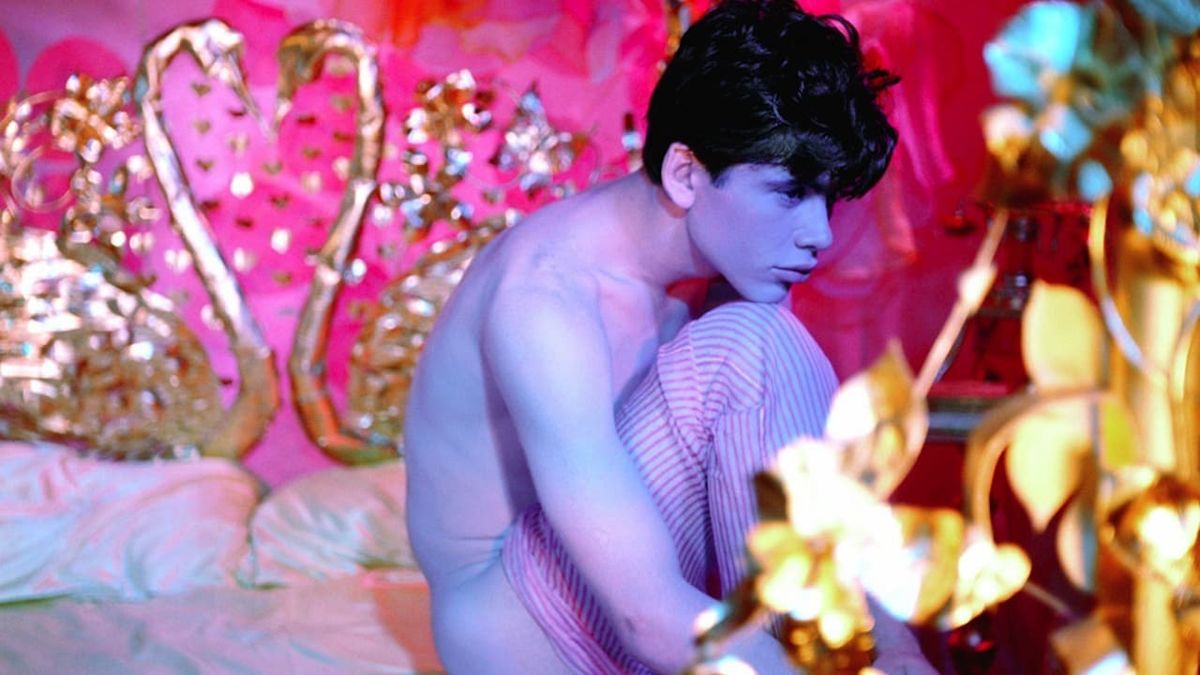
James Bidgood · 69m · DCP
The erotic imagination of a young male prostitute is filmed with a psychedelic, theatrical approach that juxtaposes lavish fantasy with the severity of the outside world. Bidgood shot the film footage over a seven-year period, mostly on 8mm; he later disowned the unfinished film, claiming that “I can’t even hardly look at it.” Nevertheless, the film’s complex meditation on voyeurism, spectacle, and sexual agency have cemented it as an underground classic.
Thursday, October 2 9:30 PM
Female Trouble (1974)
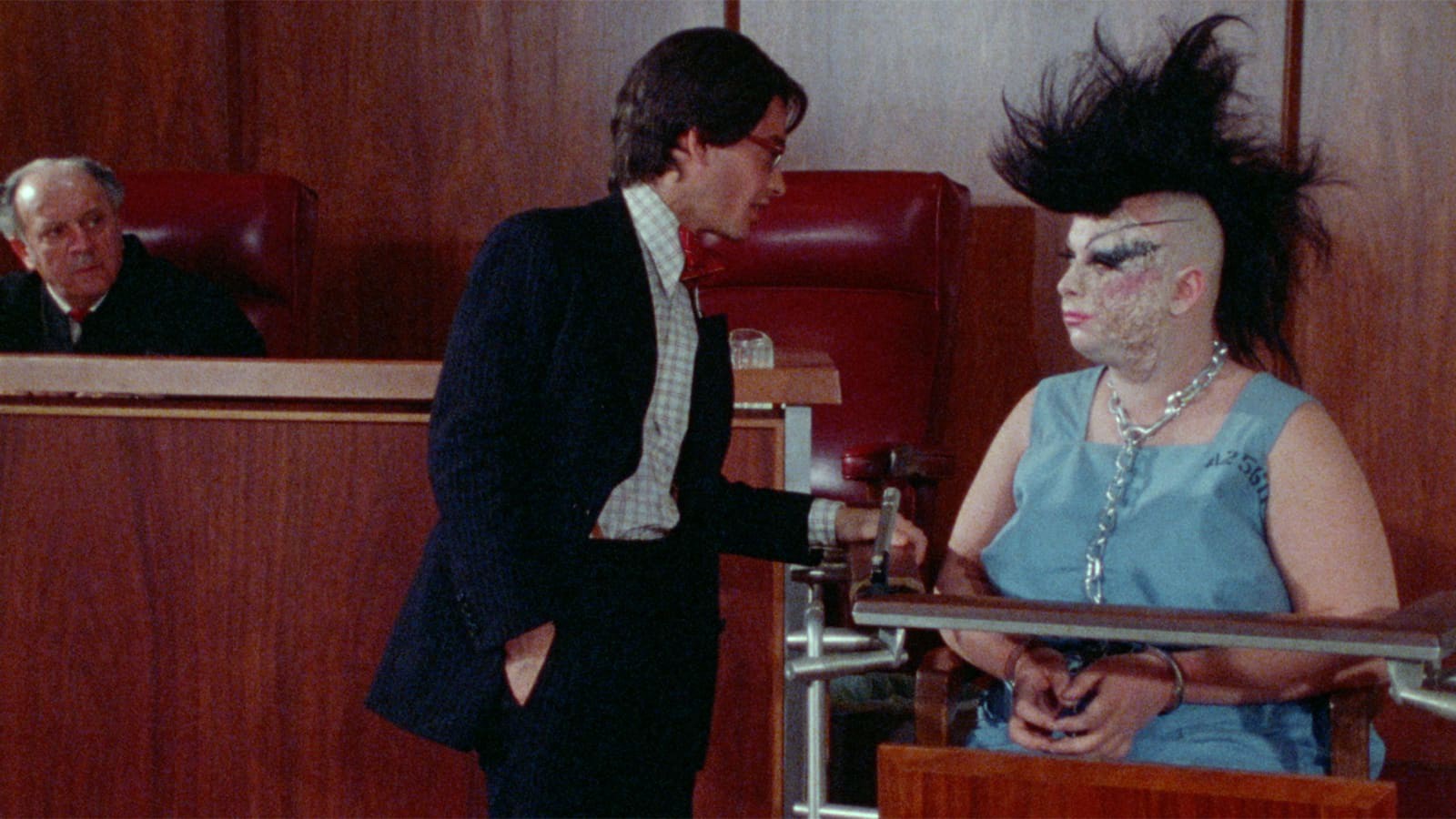
John Waters · 97m · 35mm
John Waters’s riotous comedy traces the life of Dawn Davenport (Divine), and her trajectory from “teenage delinquent to mugger, prostitute, unwed mother, child abuser, fashion murderess and jailbird,” according to Waters — “at last a role [Divine] could sink her teeth into.” Later cited as a favorite early work by Mink Stole and Waters himself, the film a sharp look at the (ir)relevance of midcentury melodrama tropes, the spectacle of notoriety, and the kitschy failures of the American family.
Thursday, October 9 9:30 PM · Saturday, October 11 9:30 PM
Women I Love / Psychosynthesis / Superdyke / "X" / Dyketactics / Jane Brakhage / Menses / Women’s Rites or Truth Is the Daughter of Time / I Was/I Am / Sisters! (1976 / 1975 / 1975 / 1973 / 1974 / 1975 / 1973 / 1974 / 1973 / 1974)
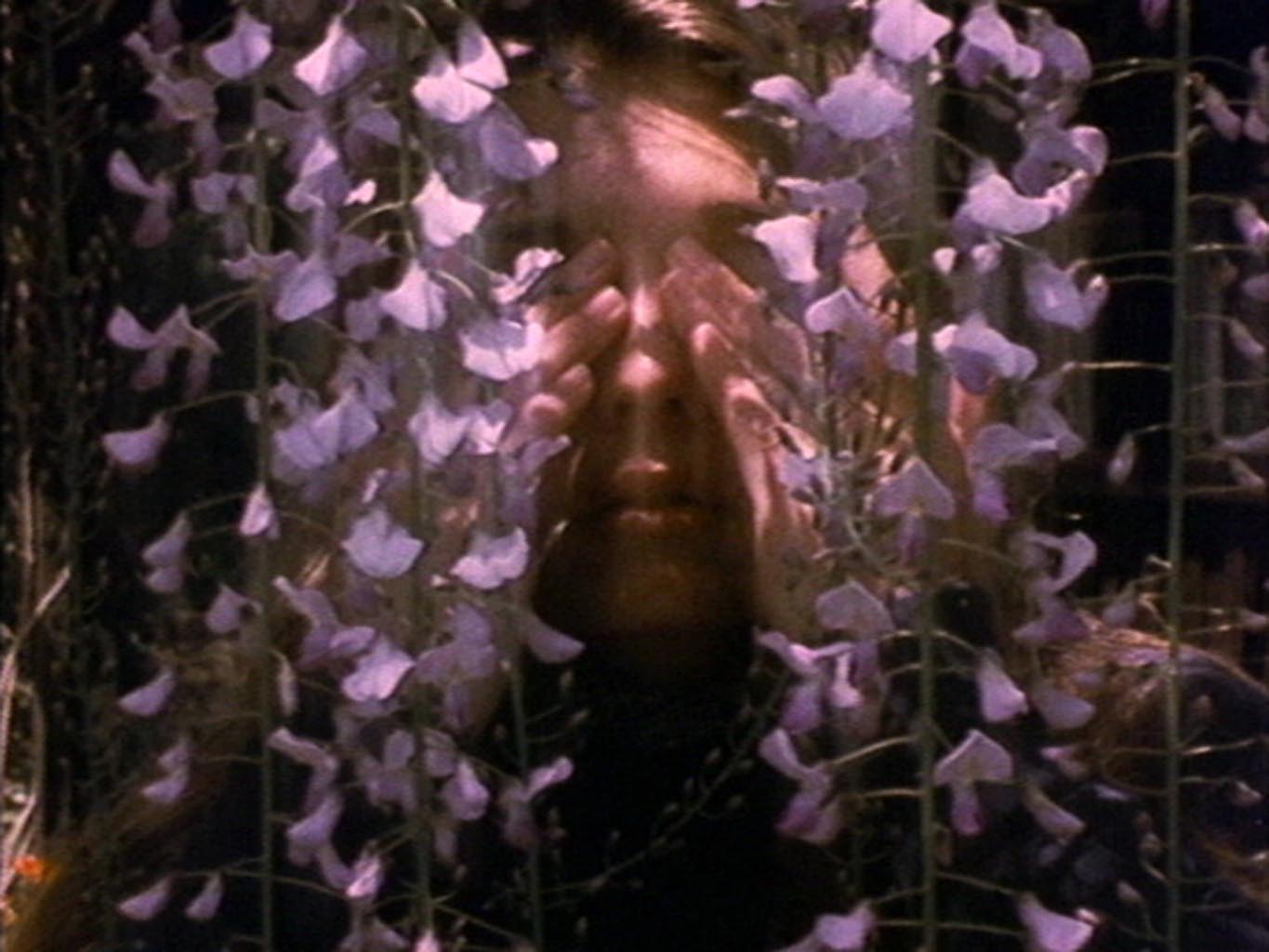
Barbara Hammer · 23m / 6m / 18m / 8m / 4m / 9m / 4m / 8m / 6m / 8m · 16mm
This selection of Hammer’s early films, one of two Hammer programs in this series, sees the initial development of a distinctly lesbian abstraction, an aesthetic of the “perceptual connection between sight and touch,” in Hammer’s words. Hammer creates a new lexicon of gesture, reflection, and light in these works that place her as much in conversation with her contemporaries in Brakhage, Anger, Schneemann, McDowell, and Wallin as it does with influences Maya Deren, Claude Cahun, and Marcel Moore.
These films were preserved by Electronic Arts Intermix and the Academy Film Archive through the National Film Preservation Foundation’s Avant-Garde Masters Grant program and The Film Foundation. Funding provided by the George Lucas Family Foundation. Sisters! preserved for Barbara Hammer by BB Optics, Inc. and the Academy Film Archive with support from NYWIFT Women’s Film Preservation Fund.
Thursday, October 16 9:30 PM
Double Strength / Sappho / The Great Goddess / Multiple Orgasm (1978 / 1979 / 1977 / 1976)
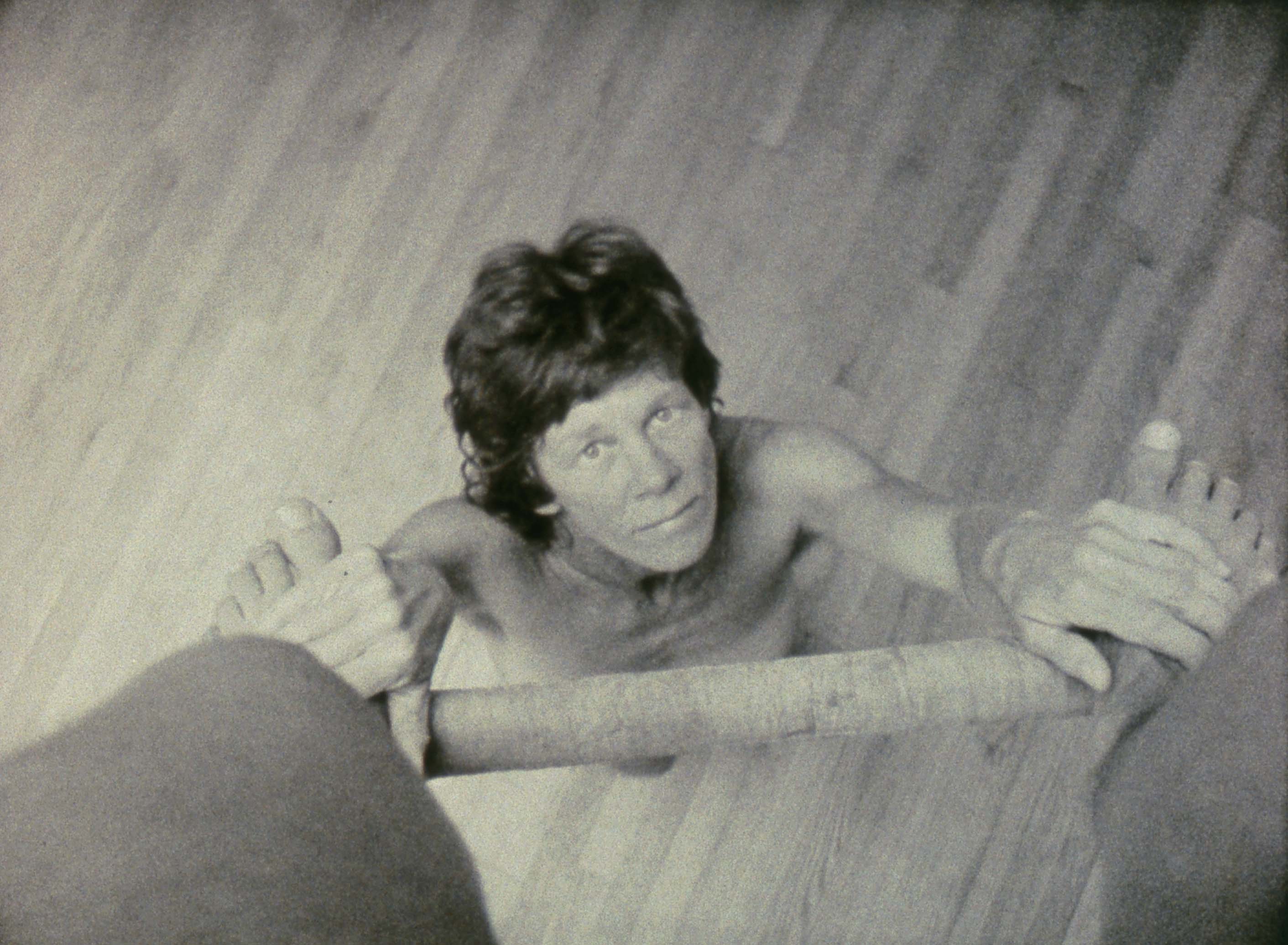
Barbara Hammer · 20m / 7m / 22m / 6m · 16mm
Four textural, tender films of sex, landscape, language, and divinity. In Double Strength, the trajectory of a relationship is tracked in the movements of performance artists. In Sappho, the poet’s texts become a force of resurrection. Life cycles are ritualized in The Great Goddess, while in Multiple Orgasm, rock and flesh are analogized as the audience is asked to “hear themselves breathe.”
Double Strength and Multiple Orgasm were preserved by Electronic Arts Intermix and the Academy Film Archive through the National Film Preservation Foundation’s Avant-Garde Masters Grant program and The Film Foundation. Funding provided by the George Lucas Family Foundation.
Thursday, October 23 9:30 PM
Blood for Dracula (1974)
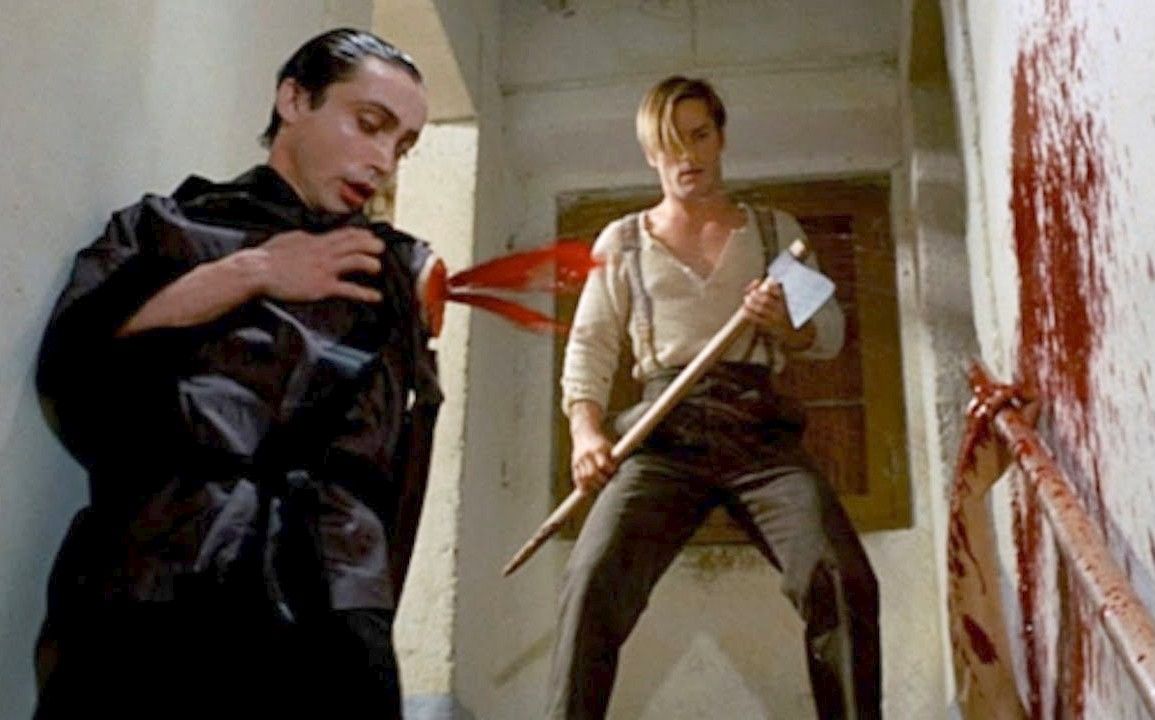
Paul Morrissey · 103m · DCP
Paul Morrissey, fresh off of Flesh for Frankenstein, shoots his version of the classic vampire tale with sardonic wit, Factory decadence, and Marxist commentary. Originally released as Andy Warhol’s Blood for Dracula, the film is incontrovertibly Morrissey’s, departing from Warhol’s minimalist experiments in duration in favor of provocation, glamor, and sleaze.
Thursday, October 30 9:30 PM
Ainslie Trailer / Confessions / Wieners and Buns Musical / True Blue and Dreamy / Dora Myrtle / The Mean Brothers "Get Stood Up" / Stinky-Butt / Beaver Fever (1972 / 1971 / 1972 / 1974 / 1973 / 1973 / 1974 / 1974)
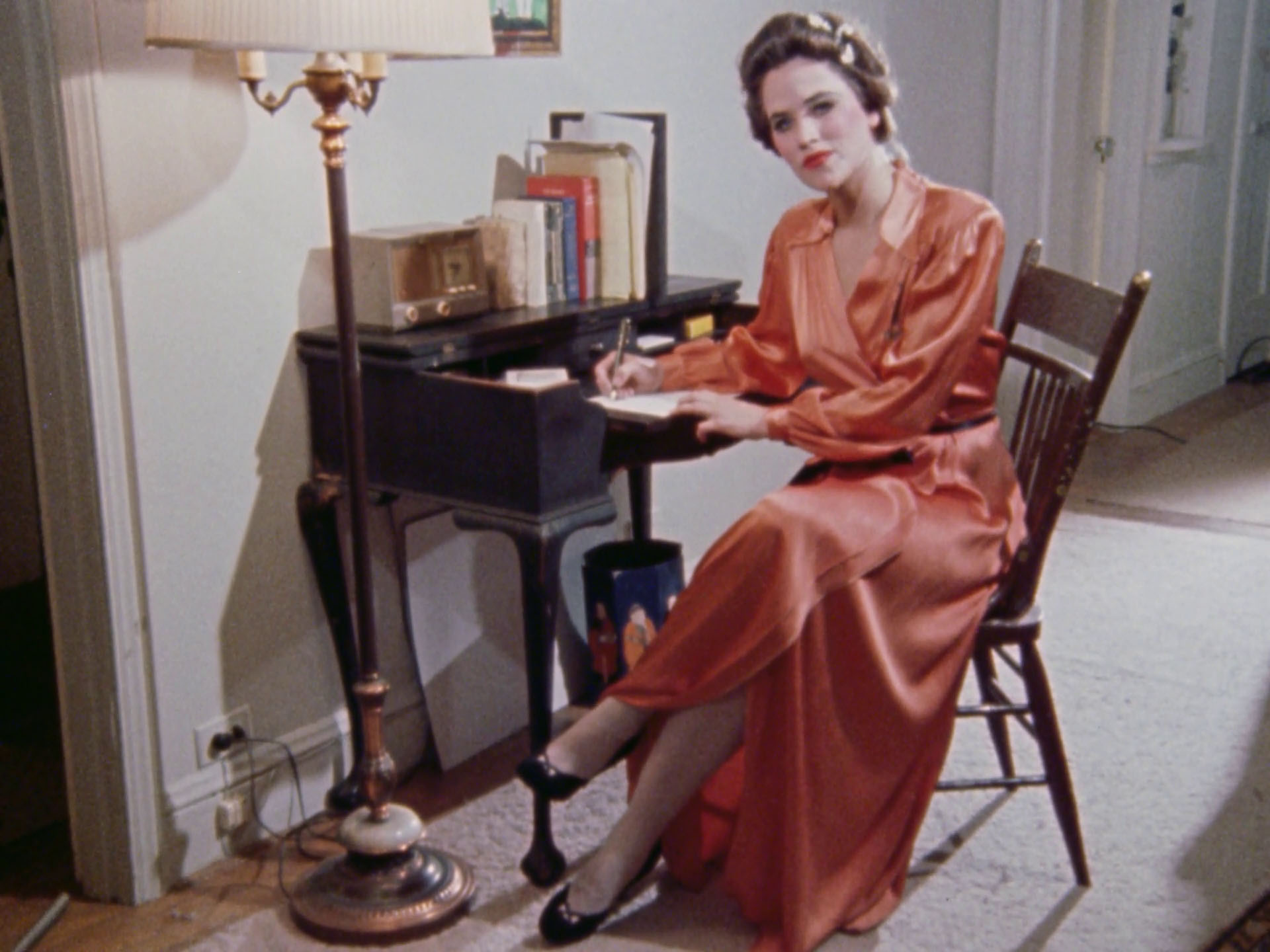
Curt McDowell · 2m / 11m / 14m / 13m / 9m / 4m / 4m / 20m · 16mm
This first of twin programs is a fast track into the satirical and sexual world of Curt McDowell. Across eight films around the 1970s experimental scene in San Francisco, McDowell remains cute, controversial, and not celibate.
Thursday, November 6 9:30 PM
Kathleen Trailer (for Underground Cinema 12) / A Visit to Indiana / Truth for Ruth / Ronnie / Peed Into the Wind (1972 / 1970 / 1972 / 1972 / 1972)
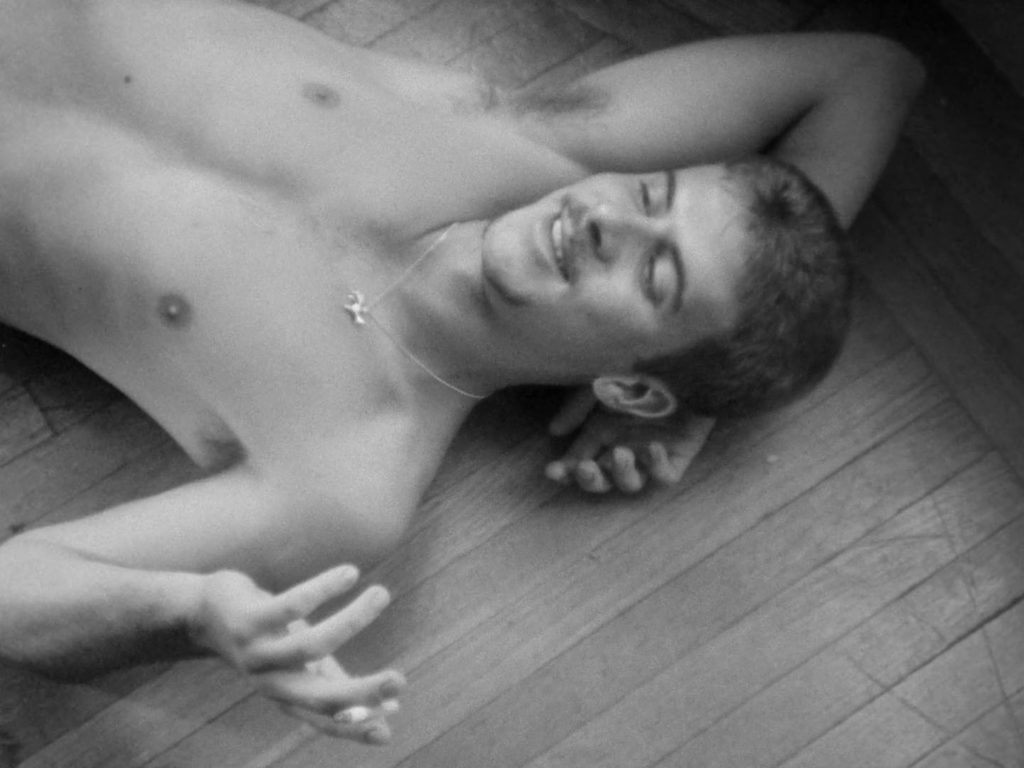
Curt McDowell · 2m / 10m / 4m / 4m / 54m · 16mm
“Bad boy of film” Curt McDowell continues his quest to seduce every straight man in San Francisco and then some. The longest in this shorts program, Peed Into The Wind, is a rock and roll musical and joyous celebration of perversity.
Thursday, November 13 9:30 PM
The Place Between Our Bodies / As the Wheel Turns / Sleepwalk / Kali’s Revue (1975 / 1973 / 1973 / 1972)
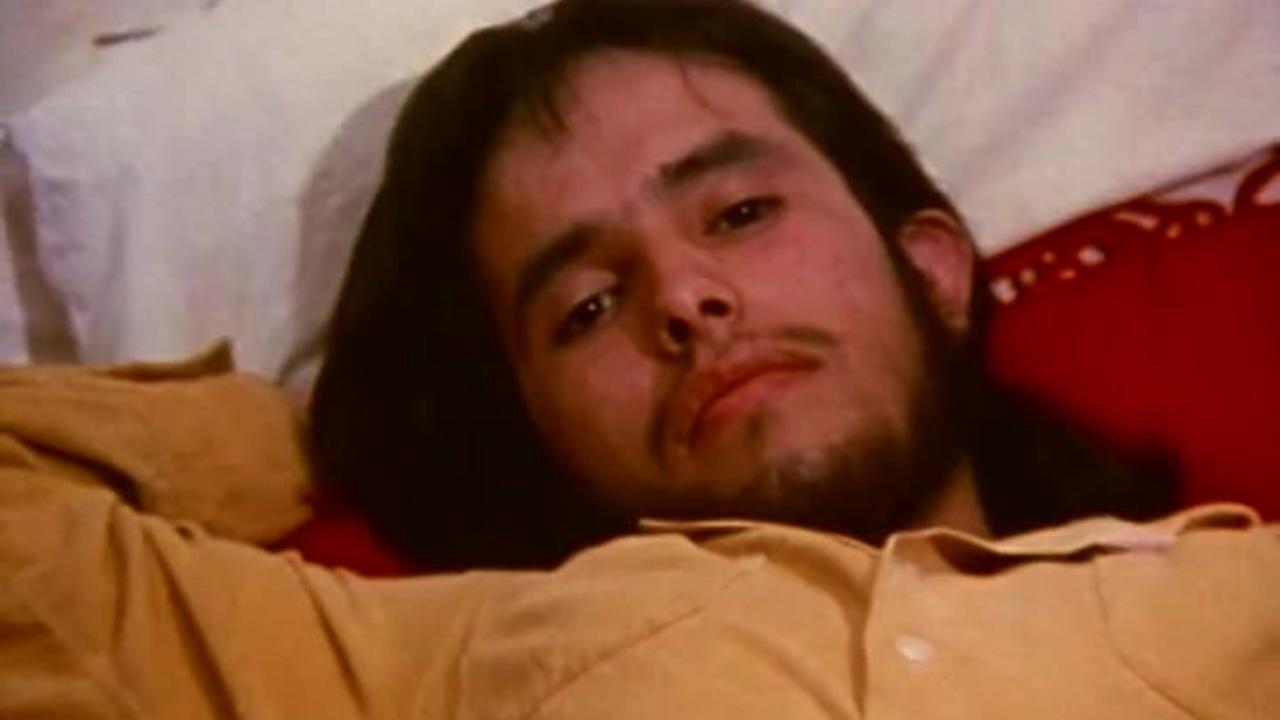
Michael Wallin · 33m / 24m / 11m / 8m · 16mm
Michael Wallin’s experimental films of the 1970’s embody sexual love and mysticism. In The Place Between Our Bodies, Wallin films a heavenly and adoring portrait of his lover. In As The Wheel Turns, he crafts a spiritual soap opera inspired by the films of Warhol. In Sleepwalk, Wallin deconstructs unconscious behaviors. In Kali’s Revue, the Hindu mythology of physical form and transformation inspires unconventional seeing.
Thursday, November 20 9:30 PM
The Adventures of Sylvia Couski (1974)
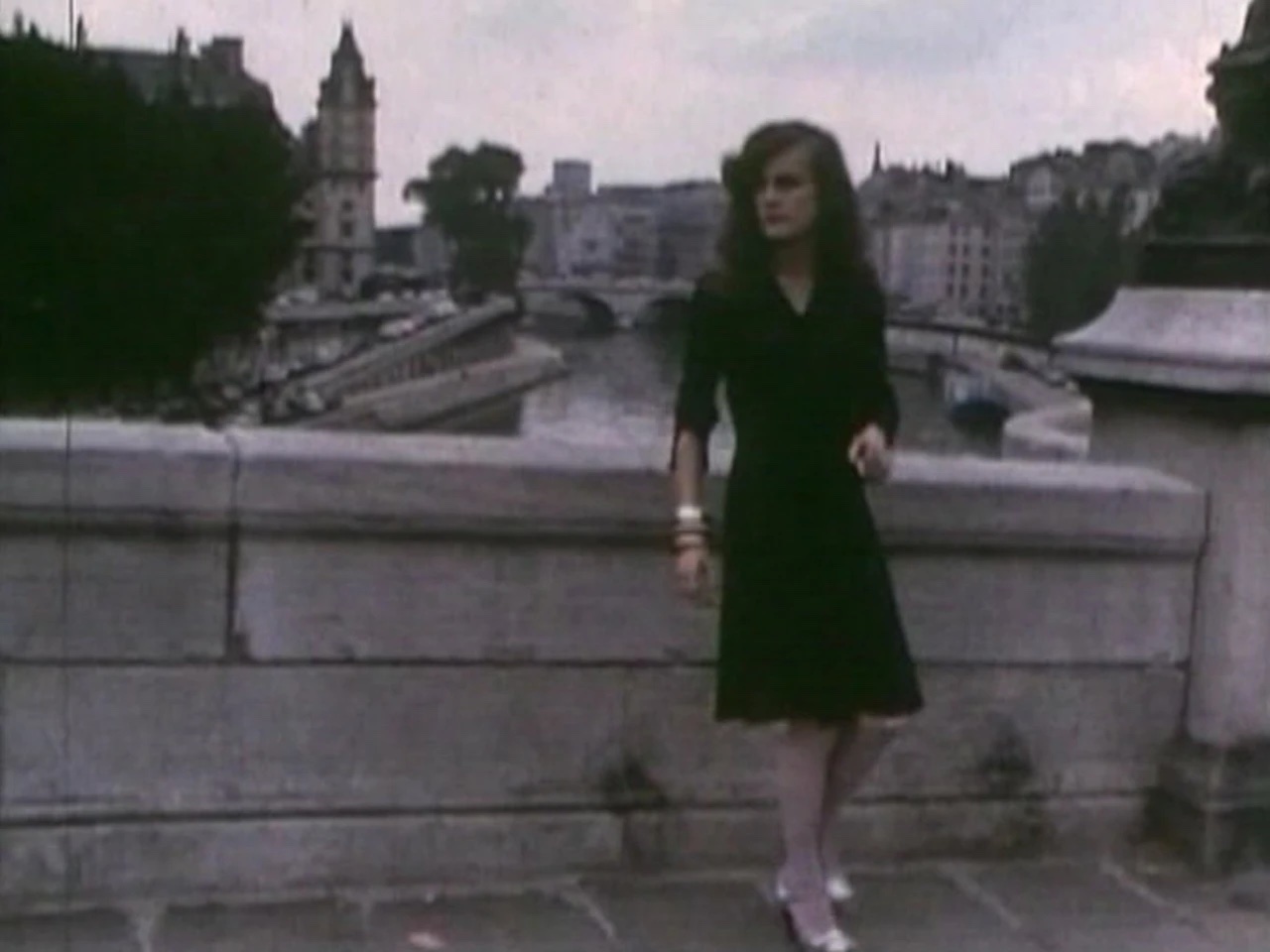
Adolfo Arrieta · 72m · 16mm
Spanish filmmaker Adolfo Arrieta’s trip to the Parisian transsexual underground. As much a docu-portrait of Arrieta’s friends as it is a musical fashion fairytale. The plot is fun — the ex-wife of a famous artist convinces her lover to steal her ex’s work and then replace it with a live model — but secondary to the glamour and festivity of the film’s subjects. A true DIY queer film, a direct line is drawn from Sylvia to Waters and Warhol.
Due to shipping difficulties, the screenings originally scheduled for Thursday, 12/4 and Sunday, 12/7 were cancelled. We apologize for the inconvenience.






